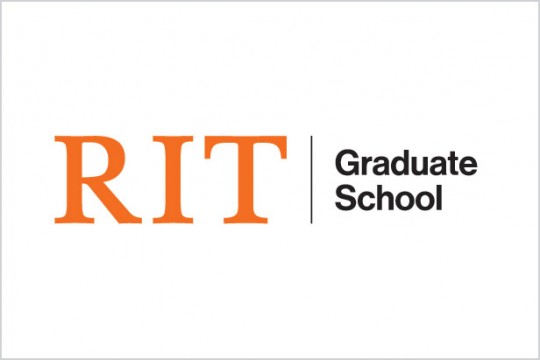Research News
- RIT/
- College of Engineering/
- Research/
- Research News
-
September 9, 2021

RIT launches workshop series on sustainable computing
What if computing materials were sourced in conflict areas? Or manufactured in facilities that emit higher than average toxic emissions? Researchers today are examining the development of computing systems from a different perspective, one more in line with sustainability rather than just power, performance and speed.
-
August 30, 2021

Engineering faculty member receives NIH grant to develop biotechnology to better detect sepsis
As one of the leading causes of death in hospitals, sepsis becomes more complicated with the rise in bacteria most resistant to some of today’s antibiotics. If physicians can detect onset earlier, treatments could begin sooner. Ke Du, a mechanical engineering faculty-researcher, will be developing a microfluidic device to improve detection of drug resistant bacteria in blood.
-
August 27, 2021

Engineering faculty learn new teaching strategies in orientation
As part of new faculty orientation, RIT’s College of Engineering Technology and Kate Gleason College of Engineering hosted a pilot workshop to introduce KEEN: Engineering Unleashed and its entrepreneurial mindset—a national initiative to advance engineering education.
-
August 20, 2021

Progress on track despite pandemic, Munson says
Students, faculty, and staff are starting a new year during a continuing global pandemic. But that’s not stopping the momentum of student success, research, fundraising, and building projects designed to make RIT even better. That was just part of the message RIT President David Munson told the university community this morning at his annual President’s Address.
-
August 12, 2021

Industry-Academia Partnerships Exceed the Sum of Their Parts
Photonics Media features Don Figer, director of the Center for Detectors, computer engineering BS/MS student Irfan Punekar, and Stefan Preble, professor in the Department of Electrical and Microelectronic Engineering.
-
August 6, 2021

RIT students take on accessibility and medical care challenges by design
College of Art and Design participated in this summer's Studio930 design consultancy, an interdisciplinary studio that focuses on the development of assistive healthcare solutions by leveraging the use of technology, art, and design.
-
July 27, 2021

Student team designs imaging system for CIBER-2 launches
Two electrical engineering students are refining an attitude control system and are seeking ways to reduce the impact of atmospheric heat that changes a spacecraft’s orientation during launch. Both students will share information about their work for CSTARS-2 during the 2021 Undergraduate Research Symposium.
-
July 23, 2021

RIT engineering researcher to present on neurochip applications at virtual event
Dr. Cory Merkel, an assistant professor in RIT's Kate Gleason College of Engineering and director of RIT's Brain Lab, will be presenting his work on neurochip applications at the 2021 Intelligence in Chip: Tomorrow of Integrated Circuits (ICTIC).
-
July 23, 2021

RIT engineering researcher and alumna granted patent for invention
Dr. Andres Kwasinski, a professor in RIT’s Kate Gleason College of Engineering, and Dr. Fatemeh Shah-Mohammadi, an alumna of RIT's engineering Ph.D. program, have been granted a patent for the invention of a radio spectrum sharing leveraging link adaptation in primary network.
-
July 22, 2021

RIT’s new Graduate School looks toward future
Graduate education at RIT has evolved over the last 60 years, and now, the university has officially created the RIT Graduate School, replacing the RIT Office of Graduate Education.
-
July 8, 2021

Biomedical engineering faculty member receives NSF funding to further develop microfluidic devices
Blanca Lapizco-Encinas, a professor in RIT’s Kate Gleason College of Engineering, recently received a National Science Foundation grant for $348,000 to develop a new separation technique to be used in microfluidic devices.
-
June 22, 2021

RIT engineering researcher and UR physician apply for patent for blood typing device
Steven Day, professor of biomedical engineering at RIT, and Majed Refaai, from the University of Rochester, applied to the U.S. Patent Office this past April for a new blood typing device that can assist trauma patients prior to blood transfusions.


